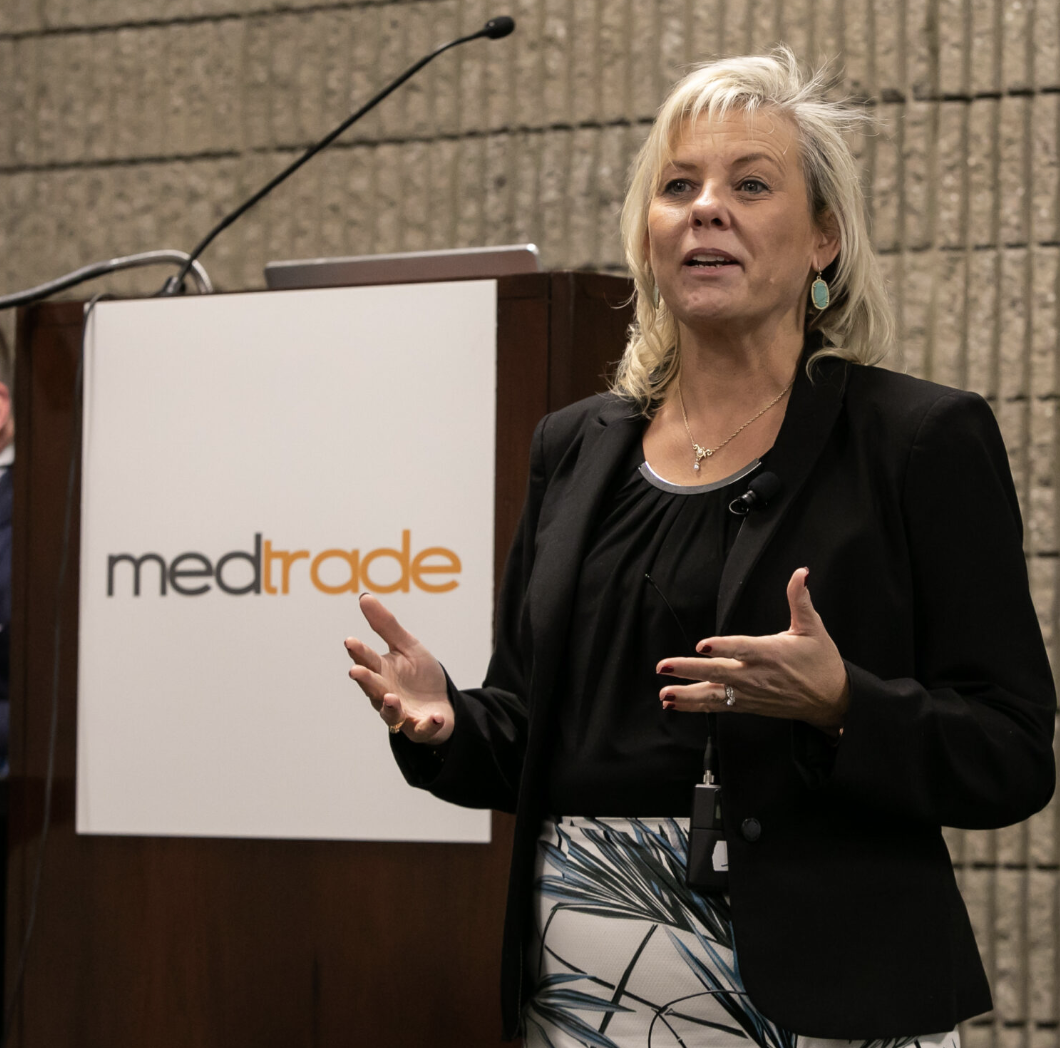AMARILLO, TX – Federal law requires a DME supplier to make a reasonable effort to collect copayments. Many state laws say the same thing. And most, if not all, commercial insurance contracts contain the same requirement. The intent behind this requirement is that if a patient has “skin in the game,” then he will be a more selective consumer of products/services. Even if a 20% copayment is relatively small, if a patient must pay it, he will likely think about the need for the purchase before actually purchasing the product/service.
 Failure by a DME supplier to make a reasonable effort to collect copayments can lead to an enforcement action by the Department of Justice and Office of Inspector General under the (i) federal anti-kickback statute, (ii) federal beneficiary inducement statute, and (iii) federal False Claims Act. Such failure can also lead to a contract termination and possible recoupment action by a commercial insurer.
Failure by a DME supplier to make a reasonable effort to collect copayments can lead to an enforcement action by the Department of Justice and Office of Inspector General under the (i) federal anti-kickback statute, (ii) federal beneficiary inducement statute, and (iii) federal False Claims Act. Such failure can also lead to a contract termination and possible recoupment action by a commercial insurer.
A DME supplier can waive or reduce a copayment on a patient-by-patient basis when the patient establishes a financial inability to pay. This type of financial hardship program cannot be advertised or otherwise suggested to the patient before he purchases a product/service. Rather, a financial hardship program can only be presented to the patient after he professes an inability to pay. Notwithstanding how well written and implemented a financial hardship program is, the evidence needs to show that the DME supplier is collecting a reasonable percentage of copayments.
 There are instances when the patient does not have the mental and/or physical capacity to respond to a request for payment of a copayment. For example, invoices sent to the patient (whether he is in his home or is in a long-term care facility) may remain unopened. It is logical for the DME supplier to reach out to family members of the patient (e.g., adult children) for payment. But then the question arises of whether sending an invoice to a family member, or otherwise communicating with a family member about a copayment, is permitted by HIPAA. The answer falls into something of a gray area, but if the supplier’s steps are conservative, the risk of a HIPAA enforcement action should be low.
There are instances when the patient does not have the mental and/or physical capacity to respond to a request for payment of a copayment. For example, invoices sent to the patient (whether he is in his home or is in a long-term care facility) may remain unopened. It is logical for the DME supplier to reach out to family members of the patient (e.g., adult children) for payment. But then the question arises of whether sending an invoice to a family member, or otherwise communicating with a family member about a copayment, is permitted by HIPAA. The answer falls into something of a gray area, but if the supplier’s steps are conservative, the risk of a HIPAA enforcement action should be low.
Ideally, the patient will provide a list of family members to whom the DME supplier can contact for payment. This will give the supplier the most protection under HIPAA. If the patient does not provide such a list, the risk is probably low under HIPAA if the supplier contacts a family member for payment so long as the information provided to the family member is the minimum necessary for such payment.
The relevant HIPAA section is 45 CFR 164.510(b).
It states:
(b) Standard: Uses and disclosures for involvement in the individual’s care and notification purposes –
(1) Permitted uses and disclosures.
(i) A covered entity may, in accordance with paragraphs (b)(2), (b)(3), or (b)(5) of this section, disclose to a family member, other relative, or a close personal friend of the individual, or any other person identified by the individual, the protected health information directly relevant to such person‘s involvement with the individual‘s health care or payment related to the individual‘s health care.
(ii) A covered entity may use or disclose protected health information to notify, or assist in the notification of (including identifying or locating), a family member, a personal representative of the individual, or another person responsible for the care of the individual of the individual‘s location, general condition, or death. Any such use or disclosure of protected health information for such notification purposes must be in accordance with paragraphs (b)(2), (b)(3), (b)(4), or (b)(5) of this section, as applicable.
(2) Uses and disclosures with the individual present. If the individual is present for, or otherwise available prior to, a use or disclosure permitted by paragraph (b)(1) of this section and has the capacity to make health care decisions, the covered entity may use or disclose the protected health information if it:
(i) Obtains the individual‘s agreement;
(ii) Provides the individual with the opportunity to object to the disclosure, and the individual does not express an objection; or
(iii) Reasonably infers from the circumstances, based on the exercise of professional judgment, that the individual does not object to the disclosure.
(3) Limited uses and disclosures when the individual is not present. If the individual is not present, or the opportunity to agree or object to the use or disclosure cannot practicably be provided because of the individual‘s incapacity or an emergency circumstance, the covered entity may, in the exercise of professional judgment, determine whether the disclosure is in the best interests of the individual and, if so, disclose only the protected health information that is directly relevant to the person‘s involvement with the individual‘s care or payment related to the individual‘s health care or needed for notification purposes. A covered entity may use professional judgment and its experience with common practice to make reasonable inferences of the individual‘s best interest in allowing a person to act on behalf of the individual to pick up filled prescriptions, medical supplies, X-rays, or other similar forms of protected health information.
Denise M. Leard, JD, is an attorney with the Health Care Group at Brown & Fortunato, PC, a law firm with a national health care practice based in Texas. She represents pharmacies, infusion companies, HME companies, manufacturers and other health care providers throughout the United States. Leard is Board Certified in Health Law by the Texas Board of Legal Specialization and is also licensed in Idaho, Oklahoma, Oregon and Washington. She can be reached at (806) 345-6318 or dleard@bf-law.com.
Jeffrey S. Baird, JD, is chairman of the Health Care Group at Brown & Fortunato, PC, a law firm with a national health care practice based in Texas. He represents pharmacies, infusion companies, HME companies, manufacturers and other health care providers throughout the United States. Baird is Board Certified in Health Law by the Texas Board of Legal Specialization and can be reached at (806) 345-6320 or jbaird@bf-law.com.

